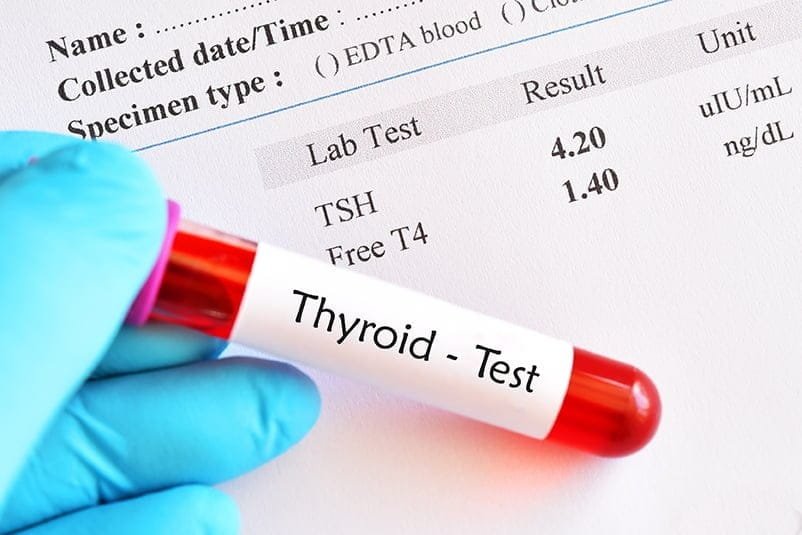Description
- A Thyroid function test looks at levels of thyroid-stimulating hormone (TSH) and thyroxine (T4) in the blood. It measures how well your thyroid gland is working.
- The thyroid is a small gland located in the lower-front part of your neck. It’s responsible for helping to regulate many of the body’s processes, such as metabolism, energy generation, and mood.
- The thyroid produces two major hormones: triiodothyronine (T3) and thyroxine (T4). If your thyroid gland doesn’t produce enough of these hormones, you may experience symptoms such as weight gain, lack of energy, and depression. This condition is called hypothyroidism.
- Thyroid function tests help health care professionals diagnose thyroid diseases such as
- hyperthyroidism—when thyroid hormone levels are too high
- Graves’ disease, the most common cause of hyperthyroidism
- hypothyroidism—when thyroid hormones levels are too low
- Hashimoto’s disease, of the most common cause of hypothyroidism
- thyroid nodules and thyroid cancer NIH external link




